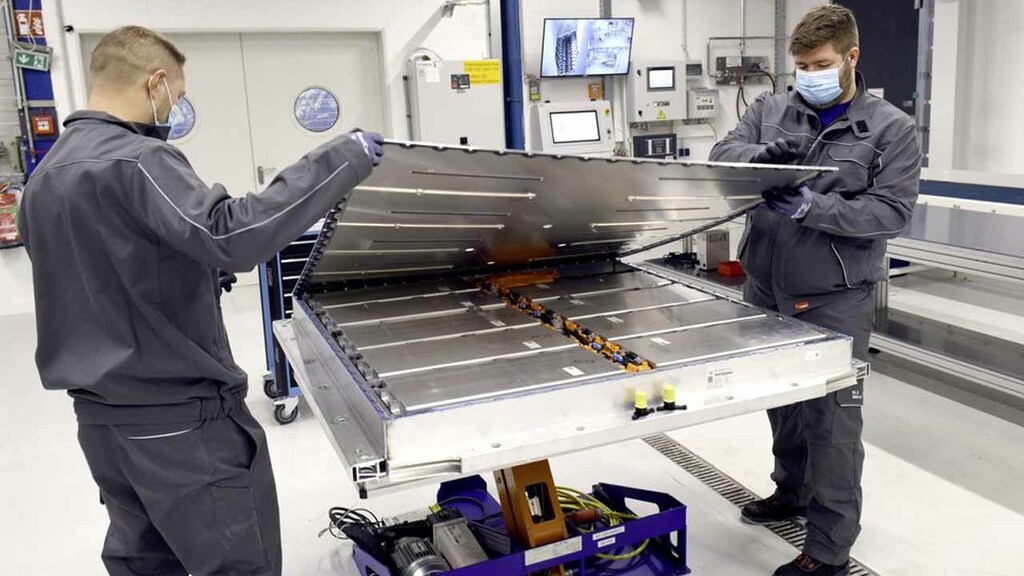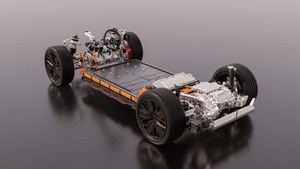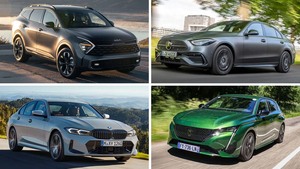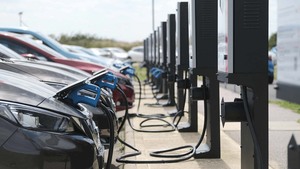In 2012, Tesla pulled the electric car (EV) out from under the dust. And for several years now, other brands have also been taking giant steps forward. On the one hand, the development of cars with electric motors and batteries has only just begun, on the other hand, today the most economical car, the fastest car, the smartest car, the most sustainable car – is electric!
Yep, things are going fast in the EV world.
Here are some facts to help gain EV interest from your employees:
- Toyota and Lexus provide a 1,000,000 km battery warranty
- 300 km range on a 15 minute charge is already possible with mid-size cars
- Nio swaps a battery in 5 minutes (75 or 100 kWh, 150 kWh SSB by the end of this year)
- Rimac charges at 500 kW, but home charging at 11 kW will be standard
- Tesla and BYD both sold more than 1 million EVs by 2022
- BYD aims for 4 million EVs by 2023
- Half of the batteries at Tesla and BYD are LFP, so do not contain cobalt
- Tesla’s electric motors are fantastic, yet Lucid scores 2.5x better in kW/kg
- Many brands offer a Vehicle to load feature (V2L) and soon also Vehicle to Grid (V2G) (as with Nissan Leaf)
- Going on holiday with an EV works perfectly, the proliferation of fast chargers along motorways is already present (check ABRP)
- More mid-range cars with a range of +600 km will appear this year (2023)
- Chinese brands will flood our market in the coming years
- EVs are getting cheaper and cheaper, in 2025 VW will come out with an ID.2 of €25,000
EVs are superior.

There is no reason to doubt the future of electric cars. All other cars will soon be relegated to the history books. If you think our grid will not be ready for charging all this technological ingenuity: don’t, we are going to be ready for it.
Moreover, EV’s will be part of the solution acting like a giant battery to store electricity when abundantly available when the sun shines and wind blows and providing energy to grid when consumption exceeds production (V2G).
Don’t forget:
Governments across Europe are planning for the ban of ICE vehicle sales by 2035.
And what about the concern over raw materials? News stories are filling our inboxes about new technologies and battery chemistry which increases range and battery size. And on top of that, Manufacturers such as Volkswagen have already begun a project to recycle batteries. A plant in Salzgitter, Germany, can recycle 90% of a battery’s raw materials. These materials include lithium, nickel, manganese and cobalt, which are expensive and time consuming to mine and process.
Europe is exploring its land mass for these rare raw materials (eg in Sweden) to decrease its independence from other parts of the world.
EV batteries also have a 2nd life when they come to the end in an EV. For example, older Nissan Leaf batteries are being used to power mobile recharging stations for EVs.

The future can be more sustainable with EVs and all studies suggest that Europe is making the charge to make the switch as easy as possible for all. There will be a few bumps in the road but look how far we have come in 10 years!
If you want to know more how Fleet360 can help you in your journey, we are happy to discuss our experience gained in more than 50 projects!



